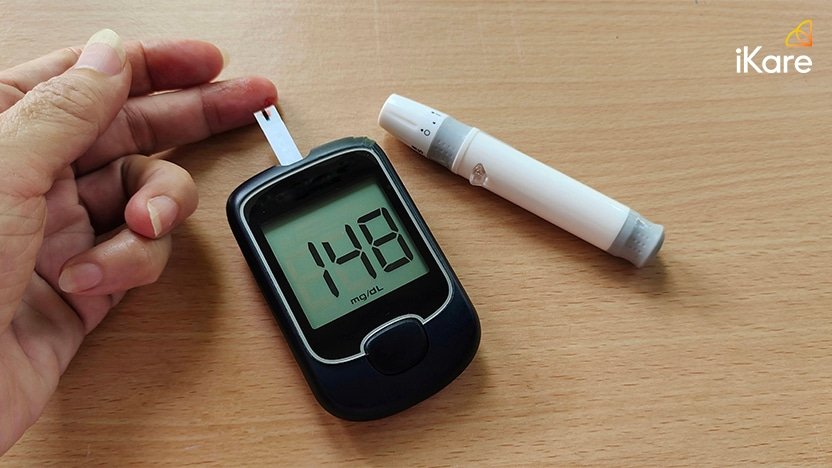
Dementia is a complex condition that affects millions worldwide, causing cognitive decline and impacting various aspects of daily life. While Alzheimer’s disease is perhaps the most well-known form of dementia, there are several other conditions associated with it. iKare, a trusted provider of home care services in Singapore, has put together this list of common conditions often linked with dementia, offering insights to help navigate possible complexities along the way.
High blood pressure

High blood pressure, also known as hypertension, often comes hand in hand with dementia. The damage inflicted on the brain’s blood vessels reduces blood flow and oxygen delivery, leading to an increased risk of developing vascular dementia.
However, there’s a glimmer of hope amidst these findings – managing blood pressure can protect against dementia. Whether through adopting healthier lifestyles or taking prescribed medications like calcium channel blockers and renin-angiotensin-aldosterone blockers timely, keeping your loved ones’ blood pressure in check emerges as a practical strategy to safeguard cognitive well-being.
Cardiovascular disease

Just like high blood pressure, cardiovascular disease can wreak havoc on the brain’s blood vessels, increasing the risk of vascular dementia. But there’s more to the link between heart health and brain health. Research suggests that conditions like heart disease, stroke, and atherosclerosis may also contribute to the development of Alzheimer’s disease, the most common form of dementia. That is why prioritising heart-healthy habits like regular exercise, a balanced diet, and not smoking can bring benefits for both your cardiovascular system and your cognitive function in the long run.
Parkinson’s disease
Parkinson’s disease, a brain disorder characterised by the loss of nerve cells in parts of the brain that control body movements, brings significant challenges for those affected. Symptoms such as tremors, difficulty walking, talking, maintaining balance, and coordination can greatly lower their quality of life. While Parkinson’s primarily occurs in persons aged 60 and older, it can also develop in younger individuals.
As Parkinson’s disease progresses, dementia becomes a common side effect. This cognitive decline adds another layer of complexity to managing the condition, affecting not only movement but also functions like memory, decision-making, and language skills.
Diabetes

As diabetes impacts both cardiovascular and neural systems over time due to elevated blood sugar levels, it can also increase the risk of dementia. Studies have revealed that individuals with diabetes often show signs of brain dysfunction in the early stages, which may progress to cognitive decline later in life. This makes knowing the link between diabetes and dementia essential for delaying the onset of the illness.
Learn more: Managing Diabetes at Home
In conclusion, dementia is a multifaceted illness with a range of underlying factors. Through understanding the intricate connections between these associated conditions and dementia, we can gain valuable insights into how our lifestyle choices, health management, and preventive measures can profoundly affect our brain health.
Are you searching for reliable support for a loved one grappling with dementia? At iKare, our experienced caregivers for dementia patients undergo professional training in dementia therapy and understand the conditions associated with the conditions thus, ensuring adequate care is provided. Reach out to us today to discover how we can lend a helping hand in your caregiving journey.
